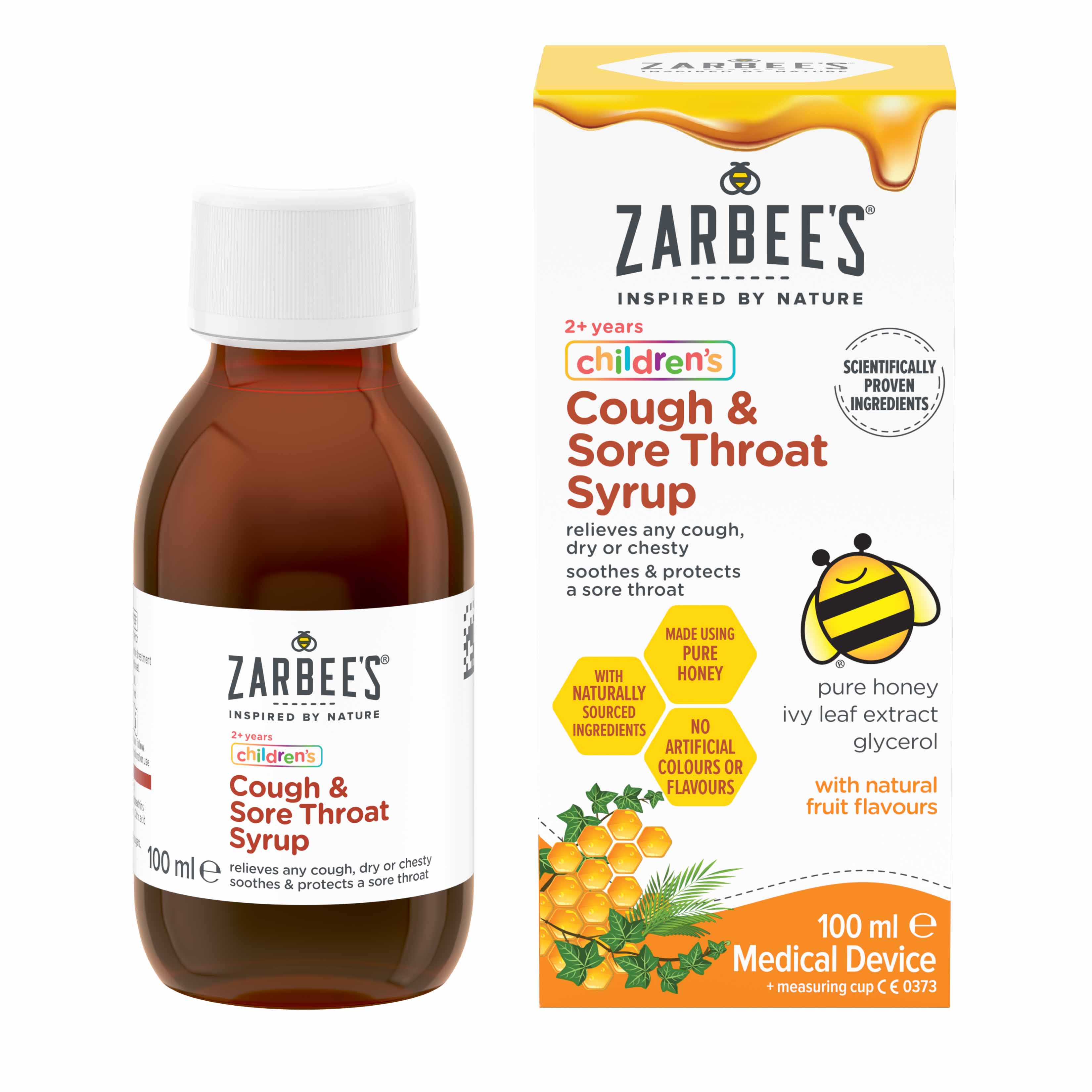Measles is a highly infectious, unpleasant viral illness that has some characteristic features to distinguish it from other viruses. Furthermore, it has the potential to cause serious complications.

What to look for
A mass of red spots break out around the neck, behind the ears and face but can appear elsewhere too, including the inside of the mouth. Measles can result in serious complications but, thanks to vaccination programmes, the incidence of outbreaks is low. Initial symptoms of measles can include:
- A runny or blocked nose
- Sneezing
- Watery eyes
- Swollen eyelids
- Sore, red eyes that may be sensitive to light
- A fever
- Small greyish white spots in the mouth
- Aches and pains
- Cough
- Loss of appetite
- Tiredness, irritability and a general lack of energy
-
How to treat it
You should contact your GP as soon as possible if you suspect that you or your child has measles. Its best to phone before your visit as your GP surgery may need to make some arrangements to reduce the risk of spreading the infection to others. There’s no specific treatment for measles, but the condition usually improves within 7 to 10 days. If the symptoms of measles are causing discomfort for you or your child, there are some things you can do to treat these while you wait for your body to fight off the virus.
Rest and drink plenty of fluids to avoid dehydration.
Paracetamol or ibuprofen can be used to reduce a fever and relieve any aches or pains if you or your child is uncomfortable. (Aspirin should not be given to children under 16). Speak to your pharmacist if you are not sure which medications are suitable for you child.
-
Is it contagious?
Stay away from work or school for at least four days from when the measles rash first appears to reduce the risk of spreading the infection. It’s important to avoid contact with people who are more vulnerable to the infection, such as young children and pregnant women.
You can avoid catching measles by having the measles, mumps and rubella (MMR) vaccine. Measles is unlikely in people who are fully immunised or who have previously contracted the infection. Vaccination with one dose of the combined measles, mumps, and rubella (MMR) vaccine should provide about 90% immunity. However, vaccination with two doses of the MMR vaccine, as indicated by the UK Childhood Immunisation Programme, is thought to provide close to 100% lifelong immunity.
Data suggests that the people most likely to present with measles are younger people who have not received the MMR vaccine and who have not been previously exposed to the virus. In the past, there has been measles endemic, but since the introduction of the MMR vaccination, this has become relatively rare. However, in recent years, the infection has become more prevalent due to a failure of uptake of vaccination.
For more information on common childhood rashes and spots, please visit AXA PPP healthcare.




